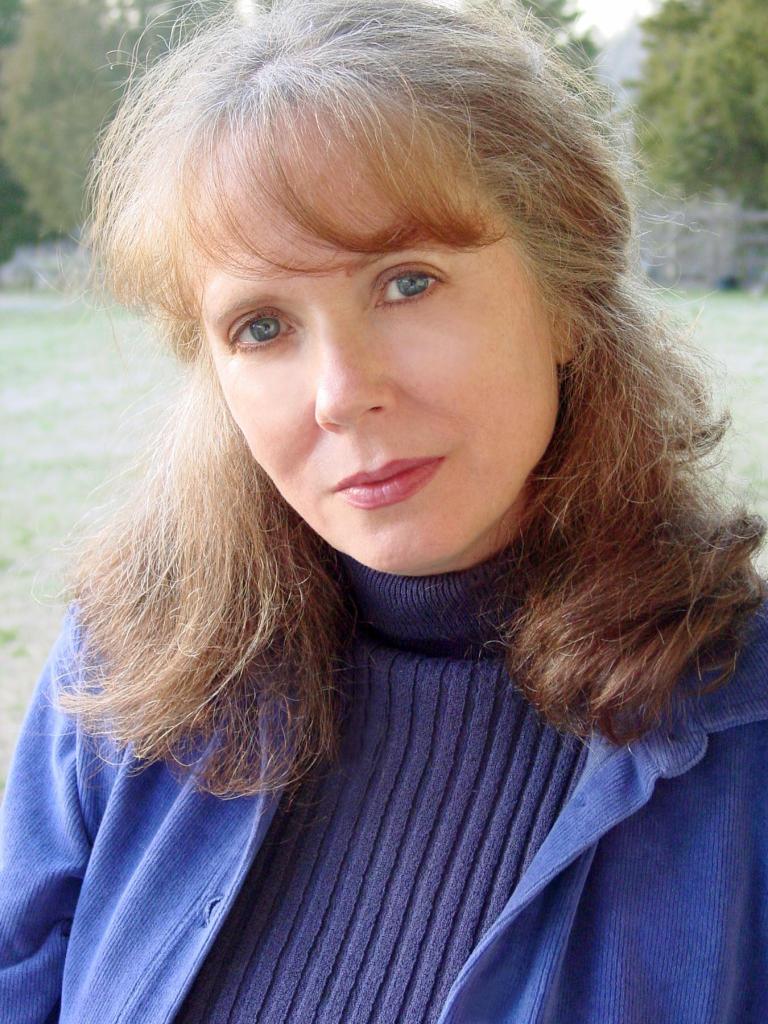Cathie Pelletier has gained critical acclaim for the nine novels she’s written over the past 20 years or so, including ”The Funeral Makers” and ”Dancing at the Harvest Moon.” Some were under the pseudonym K.C. McKinnon.
Much of the fiction she’s written is based on a fictional town called Mattagash, which people think is based on Pelletier’s tiny Maine home town of Allagash in far northern Aroostook County.
Pelletier says it isn’t, not any more than any writer draws on his or her hometown in novels. But what is true is Pelletier’s passion for her hometown.
She moved back to Allgash about a year ago to be near her aging father. Instead of burying herself in more novels or something else publishers will pay for, she embarked on a book project to make money for a new building for the town historical society.
Along with other town residents, Pelletier interviewed 70 people over the age of 70 who grew up in Allagash. She also served as editor for all the oral histories.
It started as a book about Christmas remembrances, but turned into 316 pages of Allagash history, told in the words of people who lived it. The hard-bound coffee table-type book, ”Christmas in Allagash,” features lots of old photographs and sells for $30.
Although Pelletier was editor, she wants people to know she did not do the book alone. Others who worked on the book include Allen Jackson, Marilyn McBreairty, Helen McBreairty and Kathy Jackson.
To learn more or to buy the book, go to www.allagashhistoricalsociety.com.
Q: What has surprised you most about moving back to Allagash after years of living in Nashville and then Quebec?
A: Being closer to people. People think Allagash is isolated. But my farm in Tennessee was surrounded by creeks; in Quebec, we were very isolated.
Here, I’m living in the house I was born in, and there’s just less privacy. I can see the cars on the road. There’s a lot of activity around town.
Q: What prompted this book?
A: The historical society was looking for money for an actual building, and I said, ‘Why don’t we do a Christmas book?’ I had edited one in Nashville with country music stars talking about their memories of Christmas.
But it really became more of a general history book, about people who lived here. I did about 25 (of 70) interviews myself. And we tried to get as much detail as possible. So we’d ask (the interview subjects) about what a person said in a particular instance, or what color a shirt was, or what their mother was like.
Q: Was it easy to find people to interview?
A:: Everyone who grew up in Allagash is still in touch with each other. It’s a unique place that people take pride in. The remoteness is part of it. Most people in town were descended from four sisters who left New Brunswick to come here, and who were descended from Loyalists.
Q: What do you hope people who aren’t from Allagash will get out of the book?
A: I think it’s a testament to our heritage. There’s such an oral tradition here. The stories are about people who suffered hardships, and who have strength and resilience. It’s a testament to a way of life that is now mostly gone.
I think it’s important for people to remember there was a simpler way of life at one time, and it worked very well. People had more time to take together, and weren’t isolated by technology.
Here in Allagash, they used to put a lantern on a barrel and skate on the river at night. How often do you see that today?
Q: Were there any stories in the book that really stood out to you?
A: A lot of them. Some are touching and poignant because someone loses a child or a parent. Some are very funny.
One story was about a woman who was born deaf and mute, one of four children, and her father died. A few weeks later, their house burned down. Now, at 75, she decided she wanted to let people know (through her interview for this book) that she had set the house on fire. She was just playing with matches.
Q: Your last novel ”Running the Bulls” was in 2005. When will the next one come out?
A: I finished a novel two years ago and it just about killed me, so I haven’t polished it yet. One character revealed to me that he’s a Vietnam vet, and I thought, ”I’m not going to let this guy talk about Vietnam.” But he just started talking, and I realized he wants to get over Vietnam and I’ve got to help him.
So I did a lot of research about Vietnam.
Staff Writer Ray Routhier can be contacted at 791-6454 or at:
rrouthier@pressherald.com
Send questions/comments to the editors.



